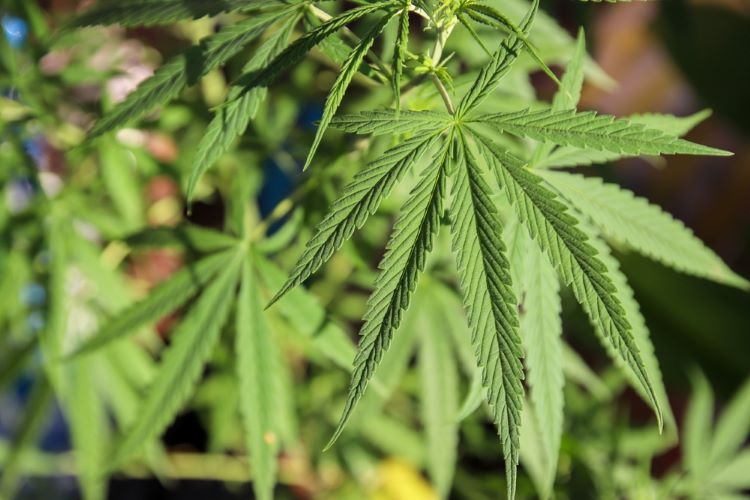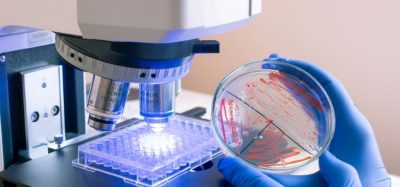Analytical technique may advance medical cannabis quality control
Posted: 15 March 2024 | Catherine Eckford (European Pharmaceutical Review) | No comments yet
Combining near-infrared spectroscopy (NIR) hyperspectral imaging (HSI) and machine learning could offer a simpler, non-invasive alternative to established analytical techniques such as chromatography, research suggests.


Researchers have proposed an advanced analytical technology that can rapidly classify medical cannabis plants at production sites. Using the analytical technique, the plants can be classified “by chemotype using hyperspectral imaging and machine learning (ML),” Markel San Nicolas, researcher in the UPV/EHU’s IBeA group of the University of the Basque Country, and first author of the corresponding research paper explained.
A simple and efficient method
While current analysis techniques for medical cannabis are accurate, the process is time intensive. However, using a hyperspectral camera enabled the researchers “to differentiate between plant chemotypes using a much simpler system”. Crucially, it also provides a non-invasive method of analysis, according to San Nicolas.
Incorporating the near-infrared spectroscopy (NIR) hyperspectral imaging (HIS) and ML technology at the production site itself would “automatically and rapidly ensure the traceability or quality control of the chemotype”, San Nicolás confirmed.
Additionally, according to the paper, the image analysis facilitates “high sensitivity and specificity values in plant classification”.
Specifically, NIR-HSI not only enables the chemical composition of a sample to be determined by spectroscopic techniques. It also “permits the two-dimensional visualisation of its distribution throughout the sample surface”.
the analytical technique could further pave the way for non-invasive technology development for horticultural quality control in medical cannabis productions”
In the paper published in Computers and Electronics in Agriculture, San Nicolas et al. concluded that the analytical technique “could further pave the way for non-invasive technology development for horticultural quality control in medical cannabis productions, as this emerging industry will require strict control over the cannabis chemotypes, with the strong advantage of avoiding destructive and time-consuming analytical techniques such as chromatography.”
Hurdles in medical cannabis development
“Medical cannabis must be produced in a very controlled way and there is as yet no clear regulation in this regard,” San Nicolas added.
To further the potential use of this technology in the industry, more research must be done, and “cannabis-related regulation would have to be established and progress would have to be made” in the sector, San Nicolás noted.
Article: The future of medical cannabis development in Europe
Medicinal cannabis regulatory development: New European monograph for Cannabis flower adopted
Related topics
Analytical techniques, Biopharmaceuticals, Bioproduction, Drug Development, Drug Safety, Imaging, Impurities, Industry Insight, Medical Marijuana, Near Infrared Spectroscopy (NIR), Production, Research & Development (R&D), Technology, Therapeutics









